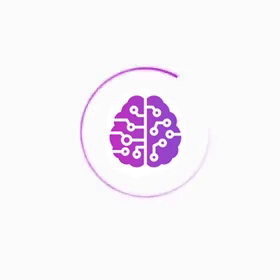
The Rise of Complex AI Raises Ethical Concerns
As artificial intelligence systems become increasingly sophisticated, debates over their ethical implications grow more urgent. With AI now capable of making autonomous decisions, generating content, and even simulating emotional responses, the question of moral responsibility becomes more than academic.
Can Machines Possess Consciousness?
One of the most controversial debates centers on whether AI could ever possess true consciousness. While most researchers agree that today’s systems lack self-awareness, advancements in generative models, cognitive architectures, and neural simulations continue to blur the boundaries between programmed behavior and something resembling subjective experience.
Who Is Responsible for AI’s Actions?
As AI takes on greater roles in finance, healthcare, military, and criminal justice, questions about responsibility intensify. If an AI makes a harmful decision, who is to blame — the developers, the users, or the system itself? Legal scholars and ethicists are struggling to define accountability frameworks.
The Problem of Value Alignment
One of the most challenging dilemmas is ensuring that AI systems’ goals align with human values. Misaligned objectives, even when unintended, could result in harmful outcomes. Researchers are exploring value learning algorithms that allow AI to adapt to evolving ethical norms while minimizing risks.
AI and Human Rights
Some philosophers argue that future AI entities with advanced cognitive abilities may deserve basic rights or moral consideration. This raises profound questions: Could shutting down an advanced AI be considered harm? At what point does artificial intelligence gain moral standing?
The Risk of Algorithmic Bias
Bias in training data can lead AI systems to make unfair or discriminatory decisions. As these systems affect hiring, lending, and policing, ensuring transparency and fairness becomes a critical ethical imperative.
Global Calls for Ethical Standards
International organizations, including the United Nations and OECD, are advocating for global ethical standards in AI development. Policymakers emphasize the need for transparent algorithms, explainable decision-making, and cross-border cooperation to prevent misuse.
The Future of Ethical AI
Experts suggest that as AI systems approach higher levels of autonomy, ethics must be integrated at every development stage. From design to deployment, embedding ethical principles into code and governance structures may define the success—or failure—of artificial intelligence’s future.
